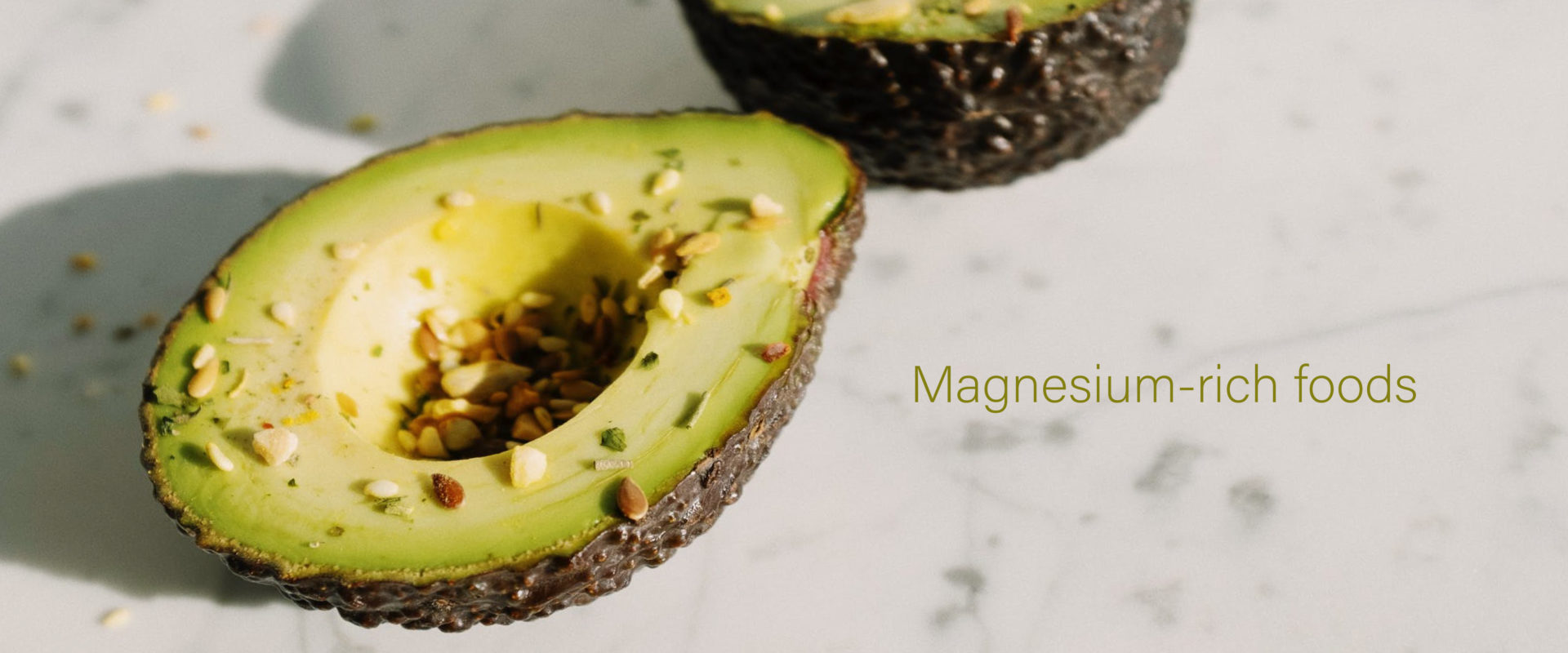
Is stress Manageable ?
Friday, 16 July 2021
blogs
Written by Dr. Stephen Barrie
Family stress. Work Stress. COVID and Health Stress. Daily Life Stress.
“Stress” is impossible to avoid. Then, the key is how to manage and transform the stress. Stress is manageable, and you can stop the cycle of chronic stress with just minor changes in your lifestyle. As you improve your ability to transform stress, you will strengthen your energy resources, lower the risk of chronic disease, and support healthy aging.
When you are under stress, the levels of a hormone called "Cortisol" start to rise in your blood. Over time, chronic stress results in higher-than-normal cortisol levels create problems with your metabolism, causing weight gain (particularly around your middle) and triggering dangerous inflammation inside your body. It can affect your blood sugar levels, blood pressure and heart function, and even your memory. Chronic stress can cause obesity, diabetes, anxiety and depression, dementia, high blood pressure, asthma, headaches, and gastrointestinal problems.
Not all stress is bad. Stress is necessary and often reasonable, and our bodies can handle some stress, some of the time. Still, when we are under a lot of stress all the time, then our bodies break down by failing to return to that place of balance and rest.
If stress will be a part of our lives, how can we manage it healthfully?
We will want to incorporate simple techniques into our daily and weekly lives.

Following is a list of suggestions that have been proven to work!
- Build a routine around sleep habits (7 to 8 hours of uninterrupted sleep per night)
- Reduce your viewing of digital media, especially near bedtime
- Prioritize exercise regularly and breathe more
- Study and practice relaxation techniques – mindfulness, meditation, yoga, breathing exercises
- Set realistic goals for your life
- Listen to relaxing music
- Keep a positive attitude
- Learn to manage your time more efficiently
- Set limits and know when to say “no.”
- Seek out social support. Spend time with those you love – family, friends, and pets.
- Take a walk-in nature
- Be creative
- Express gratitude
- Get a massage
- Watch a funny movie or book and laugh a lot!
- Eat healthy and well-balanced meals
- Plenty of vegetables and fruits
- Reduce sugar intake
- Eat whole foods, whole grains and avoid processed foods
- Consume healthy fats like olive oil and avocados
- Avoid alcohol
- Eat cold-water fish like salmon and anchovies, avoid red meat.
To help reduce stress, we want to eat foods that help lower our cortisol levels. As mentioned at the beginning of this article, cortisol is the stress hormone. When present for a long time, it leads to inflammation and chronic diseases. Managing stress (as above) is the number one treatment for lowering cortisol levels. And the best way from a diet perspective is to focus on an anti-inflammatory diet. The goal is to eat foods that reduce inflammation in your body, thus reducing cortisol levels. Here is a list of suggestions:

Foods high in omega-3 fatty acid
These foods reduce inflammation.
- Anchovies
- Avocados
- Chia seeds
- Flax seeds
- Herring
- Mackerel
- Olive oil
- Oysters
- Salmon
- Sardines
- Tuna
- Walnuts

Magnesium-rich foods
Magnesium is hugely beneficial in reducing inflammation, metabolizing cortisol, and relaxing the body and mind.
- Avocados
- Bananas
- Broccoli
- Dark chocolate
- Pumpkin seeds
- Spinach

Protein-rich foods
“Foods such as lean meat, fish, poultry, beans, and legumes promote balanced blood sugar levels,” Barth says. Specifics include:
- Almonds
- Chicken breast
- Eggs
- Lean beef
- Lentils
- Peanuts
- Quinoa
- Turkey breast
- Tuna
- Salmon
- Shrimp

Gut-healthy foods
Seventy to 80% of our immune system relies on our gut, so if we correct our gut, we repair a lot of our immunity.
- Greek yogurt
- Kefir
- Kimchi
- Kombucha
- Sauerkraut
The key to managing and lowering stress is an integrative whole-body approach – mental and physical. Relaxation techniques, exercise, and a healthy diet will get you on your way to reduce the harmful effects of stress in your daily lives.
©COPYRIGHT 2020 TRI VANANDA ALL RIGHT RESERVED



